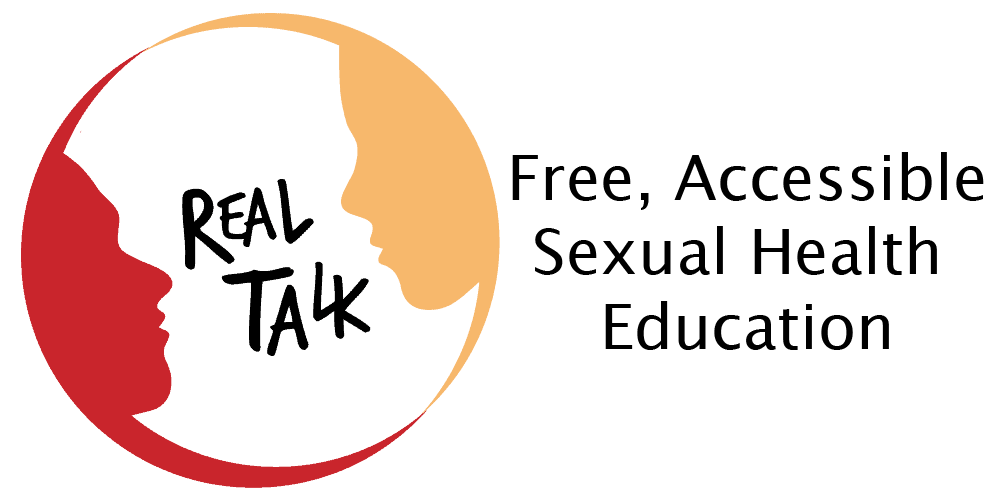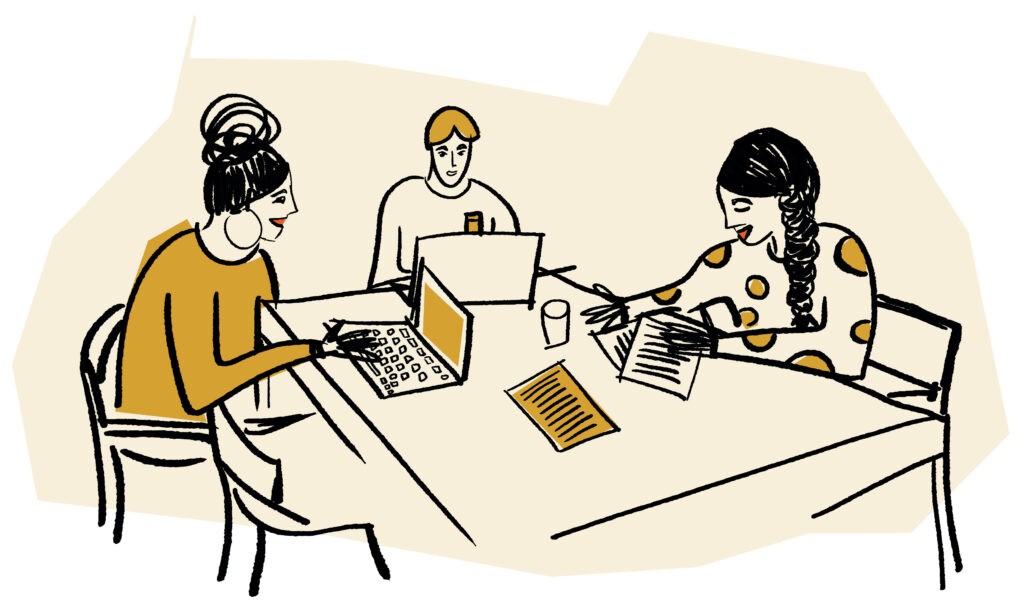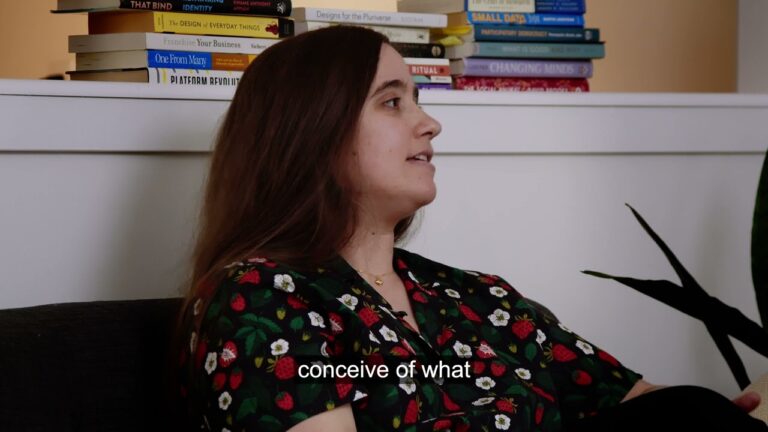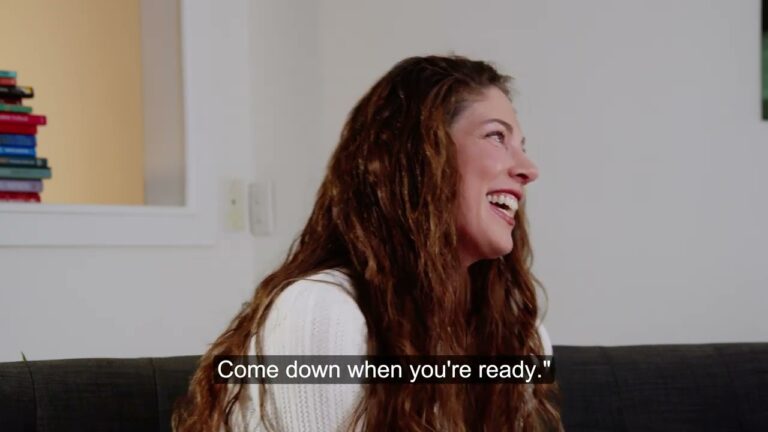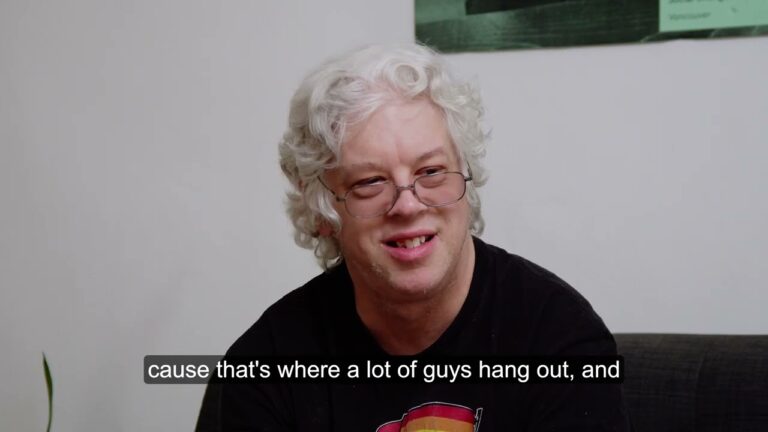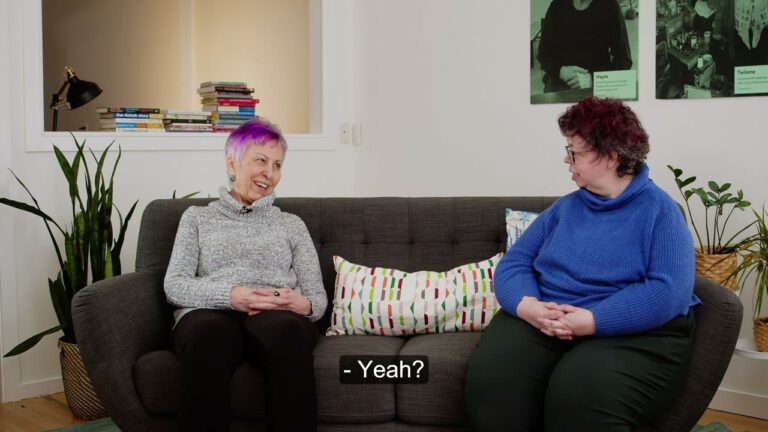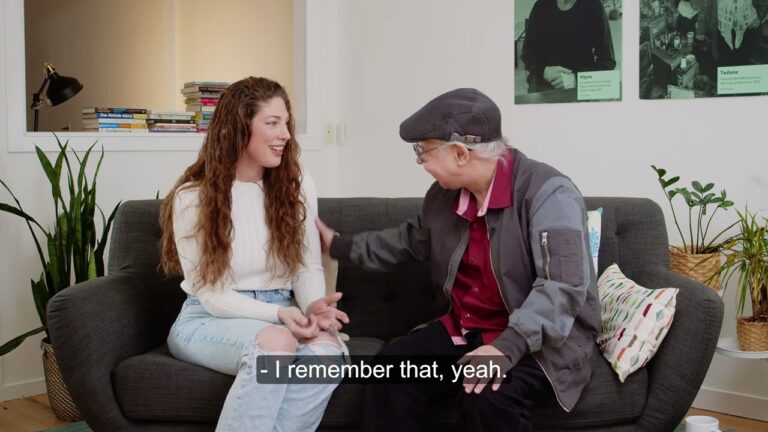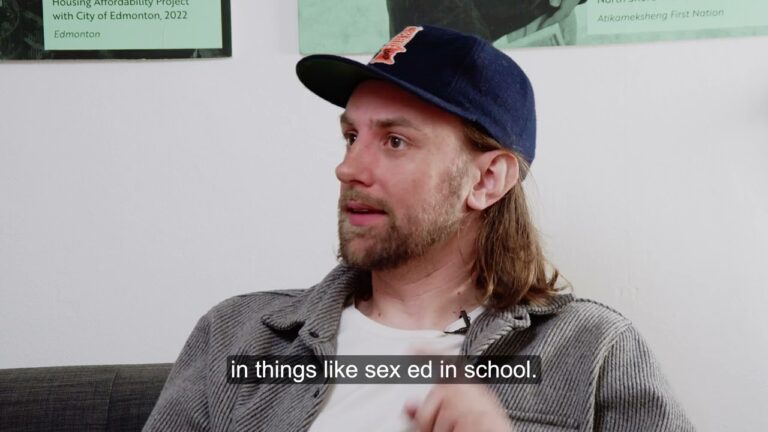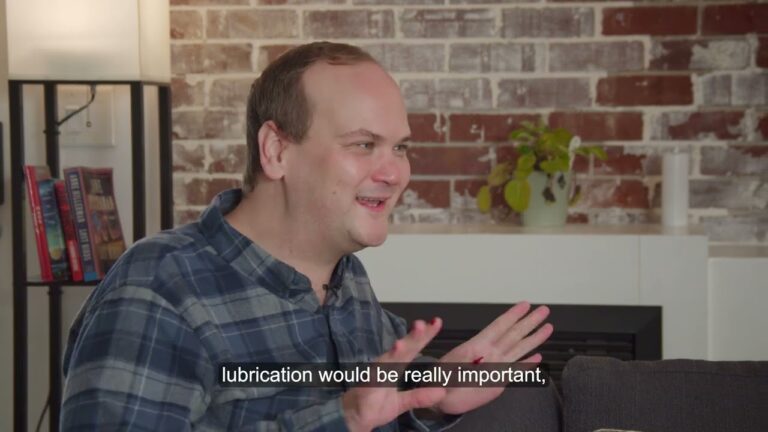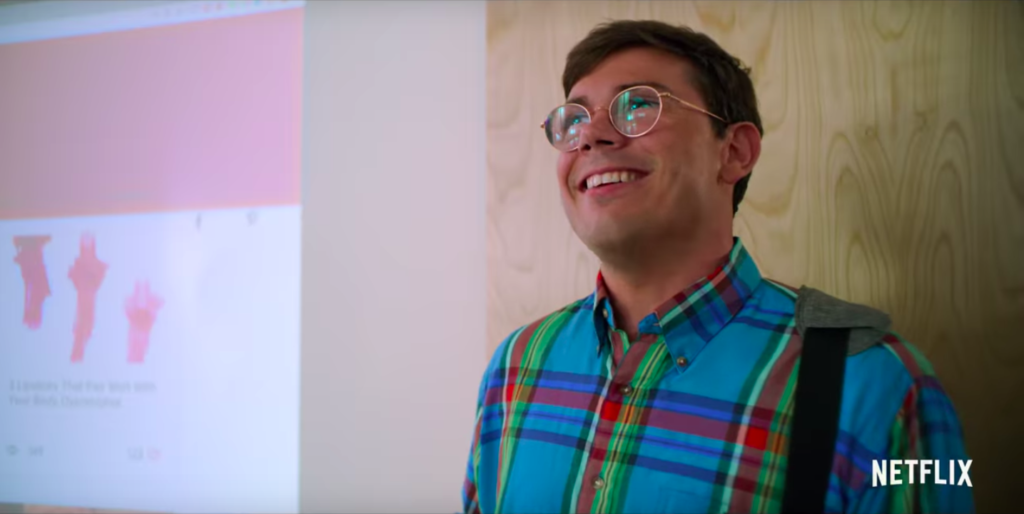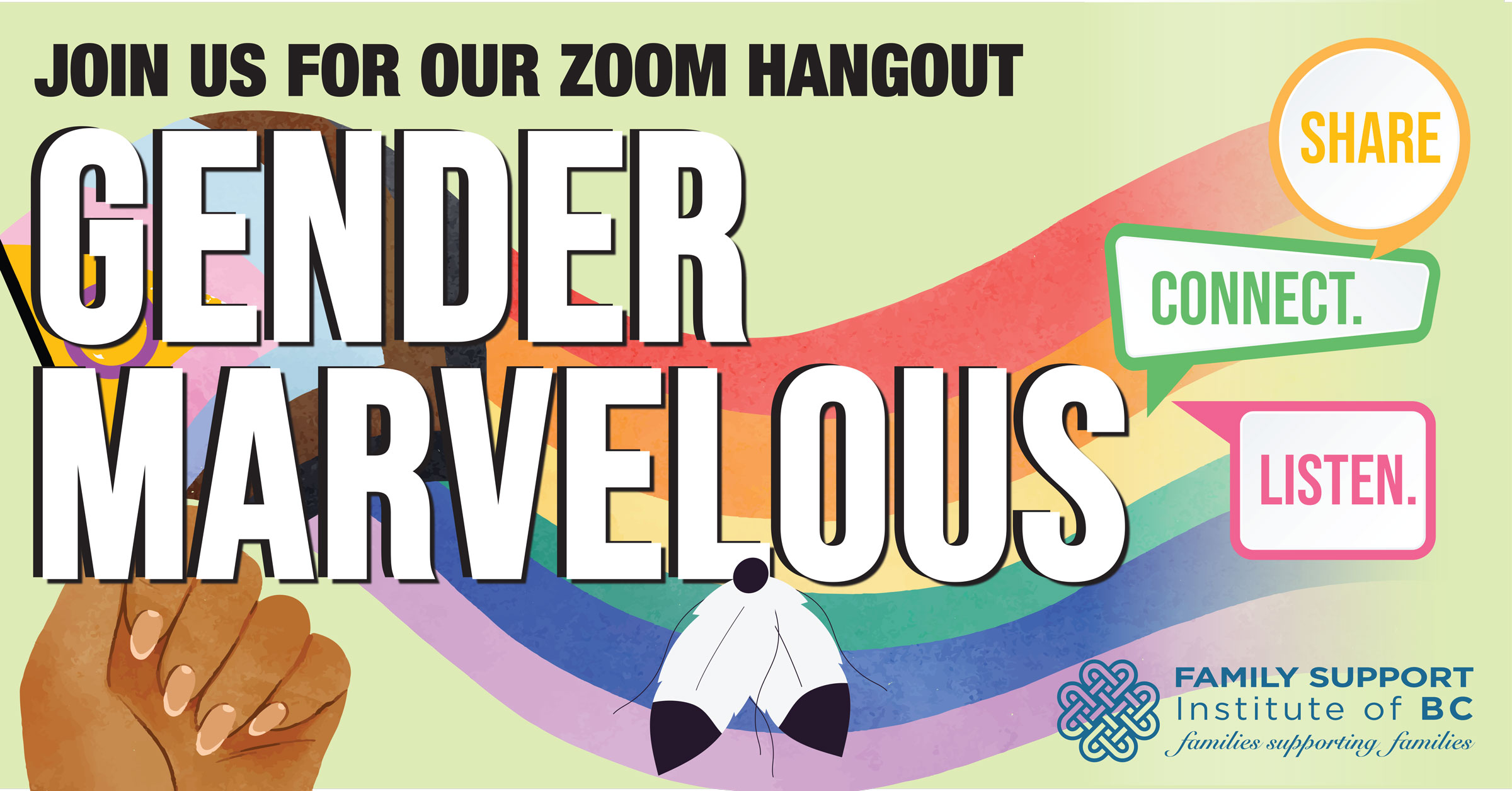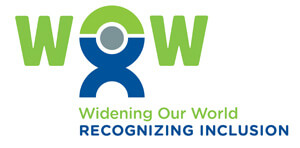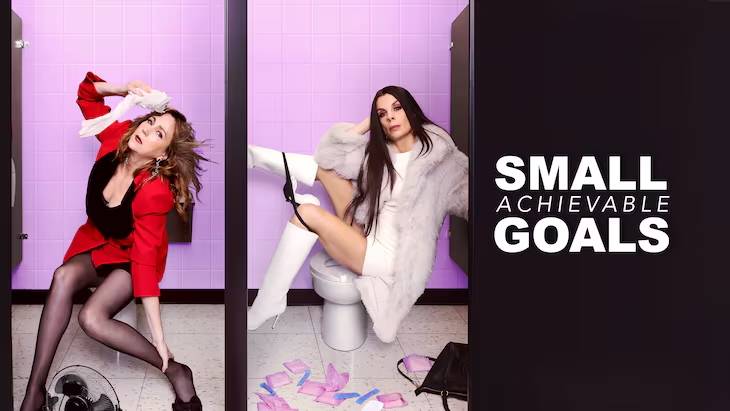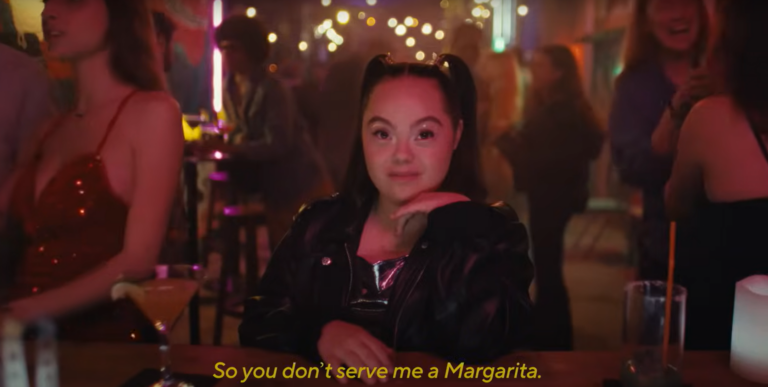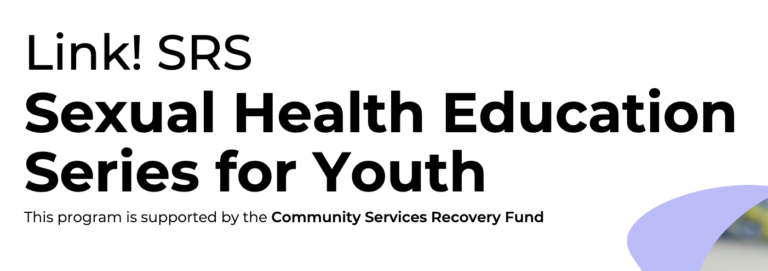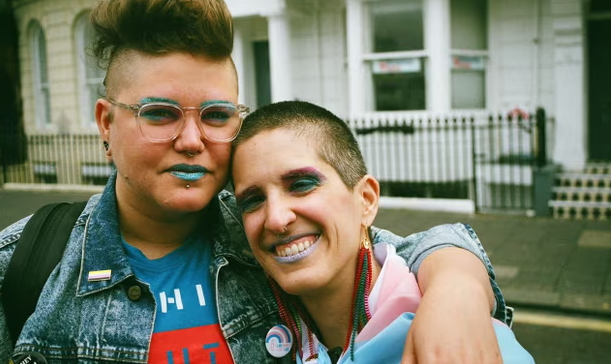| post_type_choose | off|on|off|off|off|on|off|off |
| loop_style | custom_loop_layout |
| shortcode_name | [de_loop_template_shortcode] |
| loop_templates | divi-blog |
| custom_loop_template | none |
| loop_layout | 13046 |
| filter_update_animation | load-6 |
| no_posts_layout | none |
| no_posts_layout_text | Sorry, No posts. |
| is_main_loop | on |
| include_current_terms | off |
| groupping_post_object | off |
| groupping_taxonomy | none |
| show_empty_onload | off |
| post_status | publish |
| suppress_filters | auto |
| show_current_post | off |
| posts_number | 8 |
| post_offset | 0 |
| post_display_type | default |
| saved_type | wishlist |
| acf_linked_acf | none |
| related_content | categories |
| related_acf_field | none |
| related_content_categories | post_cats |
| is_category_loop | off |
| disable_sticky_posts | off |
| specific_post_objects | off |
| related_content_tags | default |
| tax_name_related | none |
| acf_name_related | none |
| include_cats | videos |
| custom_tax_choose | topic |
| acf_name | none |
| include_sticky_posts | on |
| include_sticky_posts_only | off |
| onload_tax_choose | post |
| sort_order | date |
| acf_sort_field | none |
| acf_sort_type | string |
| acf_date_picker_field | none |
| acf_date_picker_method | default |
| acf_date_picker_custom_day | 30 |
| order_asc_desc | DESC |
| sec_acf_sort_field | none |
| sec_acf_sort_type | string |
| sec_acf_date_picker_field | none |
| sec_order_asc_desc | ASC |
| enable_loadmore | on |
| pagination_position | bottom |
| scrollto | on |
| scrollto_fine_tune | 0px |
| loadmore_text | See More |
| loadmore_text_loading | Loading... |
| enable_resultcount | off |
| resultcount_position | right |
| result_count_single_text | Showing the single result |
| result_count_all_text | Showing all %d results |
| result_count_pagination_text | Showing %d-%d of %d results |
| has_map | off |
| map_all_posts | off |
| map_all_posts_limit | -1 |
| map_infoview_layout | none |
| map_infoview_layout_ajax | off |
| hide_marker_label | off |
| map_cluster | on |
| map_center_first_post | on |
| link_whole_gird | on |
| link_whole_gird_external | off |
| external_acf | none |
| content_section_layout | none |
| grid_layout | grid |
| equal_height | on |
| columns | 4 |
| columns_tablet | 2 |
| columns_mobile | 1 |
| custom_gutter_width | on |
| gutter_row_gap | 10px |
| gutter_row_column | 10px |
| grid_list_default | list |
| grid_list_position | left |
| grid_list_cookie_time | 30 |
| grid_view_icon | ||divi||400 |
| list_view_icon | ||fa||900 |
| icon_padding | 7px|7px|7px|7px |
| icon_margin | 0px|10px|0px|0px |
| enable_overlay | on |
| show_featured_image | on |
| show_read_more | off |
| read_more_text | Read More |
| show_author | on |
| show_date | on |
| date_format | F j, Y |
| show_categories | on |
| show_content | off |
| excerpt_length | 270 |
| excerpt_more | ... |
| show_comments | off |
| meta_separator | | |
| content_visibility | hover |
| image_hover_animation | none |
| loop_template_content_alignment | center_center |
| loop_template_color_theme | light |
| loop_template_same_height | on |
| image_min_height | 150px |
| image_max_height | 500px |
| pagination_item_background | #fff |
| pagination_item_background_active | #ebe9eb |
| admin_label | Topic Videos - Archive Loop - Divi Machine |
| _builder_version | 4.19.4 |
| _module_preset | default |
| grouping_tax_title_font_size | 14px |
| grouping_tax_title_letter_spacing | 0px |
| grouping_tax_title_line_height | 1em |
| title_font_size | 14px |
| title_letter_spacing | 0px |
| title_line_height | 1em |
| excerpt_font_size | 14px |
| excerpt_letter_spacing | 0px |
| excerpt_line_height | 1em |
| loop_template_meta_font_size | 14px |
| loop_template_meta_letter_spacing | 0px |
| loop_template_meta_line_height | 1em |
| loop_template_meta_a_font_size | 14px |
| loop_template_meta_a_letter_spacing | 0px |
| loop_template_meta_a_line_height | 1em |
| loop_template_a_font_size | 14px |
| loop_template_a_letter_spacing | 0px |
| loop_template_a_line_height | 1em |
| pagination_font_letter_spacing | 0px |
| active_pagination_letter_spacing | 0px |
| background_enable_color | on |
| use_background_color_gradient | off |
| background_color_gradient_repeat | off |
| background_color_gradient_type | linear |
| background_color_gradient_direction | 180deg |
| background_color_gradient_direction_radial | center |
| background_color_gradient_stops | #2b87da 0%|#29c4a9 100% |
| background_color_gradient_unit | % |
| background_color_gradient_overlays_image | off |
| background_color_gradient_start | #2b87da |
| background_color_gradient_start_position | 0% |
| background_color_gradient_end | #29c4a9 |
| background_color_gradient_end_position | 100% |
| background_enable_image | on |
| parallax | off |
| parallax_method | on |
| background_size | cover |
| background_image_width | auto |
| background_image_height | auto |
| background_position | center |
| background_horizontal_offset | 0 |
| background_vertical_offset | 0 |
| background_repeat | no-repeat |
| background_blend | normal |
| background_enable_video_mp4 | on |
| background_enable_video_webm | on |
| allow_player_pause | off |
| background_video_pause_outside_viewport | on |
| background_enable_pattern_style | off |
| background_pattern_style | polka-dots |
| background_pattern_color | rgba(0,0,0,0.2) |
| background_pattern_size | initial |
| background_pattern_width | auto |
| background_pattern_height | auto |
| background_pattern_repeat_origin | top_left |
| background_pattern_horizontal_offset | 0 |
| background_pattern_vertical_offset | 0 |
| background_pattern_repeat | repeat |
| background_pattern_blend_mode | normal |
| background_enable_mask_style | off |
| background_mask_style | layer-blob |
| background_mask_color | #ffffff |
| background_mask_aspect_ratio | landscape |
| background_mask_size | stretch |
| background_mask_width | auto |
| background_mask_height | auto |
| background_mask_position | center |
| background_mask_horizontal_offset | 0 |
| background_mask_vertical_offset | 0 |
| background_mask_blend_mode | normal |
| custom_button | off |
| button_text_size | 20 |
| button_bg_use_color_gradient | off |
| button_bg_color_gradient_repeat | off |
| button_bg_color_gradient_type | linear |
| button_bg_color_gradient_direction | 180deg |
| button_bg_color_gradient_direction_radial | center |
| button_bg_color_gradient_stops | #2b87da 0%|#29c4a9 100% |
| button_bg_color_gradient_unit | % |
| button_bg_color_gradient_overlays_image | off |
| button_bg_color_gradient_start | #2b87da |
| button_bg_color_gradient_start_position | 0% |
| button_bg_color_gradient_end | #29c4a9 |
| button_bg_color_gradient_end_position | 100% |
| button_bg_enable_image | on |
| button_bg_parallax | off |
| button_bg_parallax_method | on |
| button_bg_size | cover |
| button_bg_image_width | auto |
| button_bg_image_height | auto |
| button_bg_position | center |
| button_bg_horizontal_offset | 0 |
| button_bg_vertical_offset | 0 |
| button_bg_repeat | no-repeat |
| button_bg_blend | normal |
| button_bg_enable_video_mp4 | on |
| button_bg_enable_video_webm | on |
| button_bg_allow_player_pause | off |
| button_bg_video_pause_outside_viewport | on |
| button_use_icon | on |
| button_icon_placement | right |
| button_on_hover | on |
| custom_loop_template_button | off |
| loop_template_button_text_size | 20 |
| loop_template_button_bg_use_color_gradient | off |
| loop_template_button_bg_color_gradient_repeat | off |
| loop_template_button_bg_color_gradient_type | linear |
| loop_template_button_bg_color_gradient_direction | 180deg |
| loop_template_button_bg_color_gradient_direction_radial | center |
| loop_template_button_bg_color_gradient_stops | #2b87da 0%|#29c4a9 100% |
| loop_template_button_bg_color_gradient_unit | % |
| loop_template_button_bg_color_gradient_overlays_image | off |
| loop_template_button_bg_color_gradient_start | #2b87da |
| loop_template_button_bg_color_gradient_start_position | 0% |
| loop_template_button_bg_color_gradient_end | #29c4a9 |
| loop_template_button_bg_color_gradient_end_position | 100% |
| loop_template_button_bg_enable_image | on |
| loop_template_button_bg_parallax | off |
| loop_template_button_bg_parallax_method | on |
| loop_template_button_bg_size | cover |
| loop_template_button_bg_image_width | auto |
| loop_template_button_bg_image_height | auto |
| loop_template_button_bg_position | center |
| loop_template_button_bg_horizontal_offset | 0 |
| loop_template_button_bg_vertical_offset | 0 |
| loop_template_button_bg_repeat | no-repeat |
| loop_template_button_bg_blend | normal |
| loop_template_button_bg_enable_video_mp4 | on |
| loop_template_button_bg_enable_video_webm | on |
| loop_template_button_bg_allow_player_pause | off |
| loop_template_button_bg_video_pause_outside_viewport | on |
| loop_template_button_use_icon | on |
| loop_template_button_icon_placement | right |
| loop_template_button_on_hover | on |
| positioning | none |
| position_origin_a | top_left |
| position_origin_f | top_left |
| position_origin_r | top_left |
| width | auto |
| max_width | none |
| min_height | auto |
| height | auto |
| max_height | none |
| filter_hue_rotate | 0deg |
| filter_saturate | 100% |
| filter_brightness | 100% |
| filter_contrast | 100% |
| filter_invert | 0% |
| filter_sepia | 0% |
| filter_opacity | 100% |
| filter_blur | 0px |
| mix_blend_mode | normal |
| animation_style | none |
| animation_direction | center |
| animation_duration | 1000ms |
| animation_delay | 0ms |
| animation_intensity_slide | 50% |
| animation_intensity_zoom | 50% |
| animation_intensity_flip | 50% |
| animation_intensity_fold | 50% |
| animation_intensity_roll | 50% |
| animation_starting_opacity | 0% |
| animation_speed_curve | ease-in-out |
| animation_repeat | once |
| hover_transition_duration | 300ms |
| hover_transition_delay | 0ms |
| hover_transition_speed_curve | ease |
| link_option_url_new_window | off |
| sticky_position | none |
| sticky_offset_top | 0px |
| sticky_offset_bottom | 0px |
| sticky_limit_top | none |
| sticky_limit_bottom | none |
| sticky_offset_surrounding | on |
| sticky_transition | on |
| motion_trigger_start | middle |
| hover_enabled | 0 |
| grouping_tax_title_text_shadow_style | none |
| grouping_tax_title_text_shadow_horizontal_length | 0em |
| grouping_tax_title_text_shadow_vertical_length | 0em |
| grouping_tax_title_text_shadow_blur_strength | 0em |
| grouping_tax_title_text_shadow_color | rgba(0,0,0,0.4) |
| title_text_shadow_style | none |
| title_text_shadow_horizontal_length | 0em |
| title_text_shadow_vertical_length | 0em |
| title_text_shadow_blur_strength | 0em |
| title_text_shadow_color | rgba(0,0,0,0.4) |
| excerpt_text_shadow_style | none |
| excerpt_text_shadow_horizontal_length | 0em |
| excerpt_text_shadow_vertical_length | 0em |
| excerpt_text_shadow_blur_strength | 0em |
| excerpt_text_shadow_color | rgba(0,0,0,0.4) |
| loop_template_meta_text_shadow_style | none |
| loop_template_meta_text_shadow_horizontal_length | 0em |
| loop_template_meta_text_shadow_vertical_length | 0em |
| loop_template_meta_text_shadow_blur_strength | 0em |
| loop_template_meta_text_shadow_color | rgba(0,0,0,0.4) |
| loop_template_meta_a_text_shadow_style | none |
| loop_template_meta_a_text_shadow_horizontal_length | 0em |
| loop_template_meta_a_text_shadow_vertical_length | 0em |
| loop_template_meta_a_text_shadow_blur_strength | 0em |
| loop_template_meta_a_text_shadow_color | rgba(0,0,0,0.4) |
| loop_template_a_text_shadow_style | none |
| loop_template_a_text_shadow_horizontal_length | 0em |
| loop_template_a_text_shadow_vertical_length | 0em |
| loop_template_a_text_shadow_blur_strength | 0em |
| loop_template_a_text_shadow_color | rgba(0,0,0,0.4) |
| pagination_font_text_shadow_style | none |
| pagination_font_text_shadow_horizontal_length | 0em |
| pagination_font_text_shadow_vertical_length | 0em |
| pagination_font_text_shadow_blur_strength | 0em |
| pagination_font_text_shadow_color | rgba(0,0,0,0.4) |
| active_pagination_text_shadow_style | none |
| active_pagination_text_shadow_horizontal_length | 0em |
| active_pagination_text_shadow_vertical_length | 0em |
| active_pagination_text_shadow_blur_strength | 0em |
| active_pagination_text_shadow_color | rgba(0,0,0,0.4) |
| button_text_shadow_style | none |
| button_text_shadow_horizontal_length | 0em |
| button_text_shadow_vertical_length | 0em |
| button_text_shadow_blur_strength | 0em |
| button_text_shadow_color | rgba(0,0,0,0.4) |
| loop_template_button_text_shadow_style | none |
| loop_template_button_text_shadow_horizontal_length | 0em |
| loop_template_button_text_shadow_vertical_length | 0em |
| loop_template_button_text_shadow_blur_strength | 0em |
| loop_template_button_text_shadow_color | rgba(0,0,0,0.4) |
| box_shadow_style | none |
| box_shadow_color | rgba(0,0,0,0.3) |
| box_shadow_position | outer |
| box_shadow_style_product | none |
| box_shadow_color_product | rgba(0,0,0,0.3) |
| box_shadow_position_product | outer |
| box_shadow_style_grid_list_view_button | none |
| box_shadow_color_grid_list_view_button | rgba(0,0,0,0.3) |
| box_shadow_position_grid_list_view_button | outer |
| box_shadow_style_loop-template-item | none |
| box_shadow_color_loop-template-item | rgba(0,0,0,0.3) |
| box_shadow_position_loop-template-item | outer |
| box_shadow_style_button | none |
| box_shadow_color_button | rgba(0,0,0,0.3) |
| box_shadow_position_button | outer |
| box_shadow_style_loop_template_button | none |
| box_shadow_color_loop_template_button | rgba(0,0,0,0.3) |
| box_shadow_position_loop_template_button | outer |
| text_shadow_style | none |
| text_shadow_horizontal_length | 0em |
| text_shadow_vertical_length | 0em |
| text_shadow_blur_strength | 0em |
| text_shadow_color | rgba(0,0,0,0.4) |
| disabled | off |
| global_colors_info | {} |

